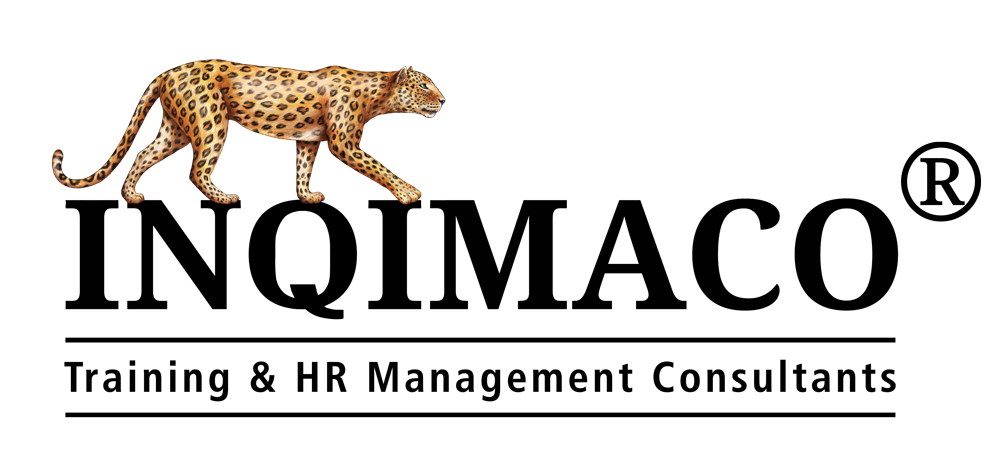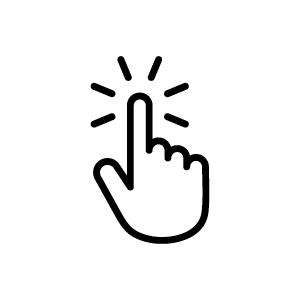TEAM
STRONG TOGETHER!
Today and in the future, a central challenge is to bring together, retain and develop ever more diverse "people in and as teams": permanent staff, freelancers and temporary workers, different cultures and subcultures, virtually spread across time zones and continents, under the conditions of increasing work density, modern communication media, new working time models, etc.
Our consultants, trainers and coaches have themselves been successful specialists and managers, have experience at all levels of management as well as comprehensive know-how in the areas of building, developing and coaching teams of different functional areas, compositions, cultures and objectives.
Dividing measures of team formation/development into team phases helps team members and managers to find their roles and to move together from the initial orientation to their performance development. In this team process, the manager plays a special role by effectively supporting the team, e.g. with different methods and instruments. The following phases can be distinguished:
1. Orientation phase (Forming / Teambuilding)
- Team members: looking for orientation, feeling out the situation, questions about their own role in the team still impersonal, politely tense, cautious to anxious, etc.
- Team leadership: giving orientation, guidance & transparency, setting common & individual goals, rules of the game, methods to be applied, way of communication etc.
2. Conflict phase (storming)
- Team members: Fighting for rank, Subliminal conflict & frustration, Questioning leadership, informal leadership, roles, tension, competition, disagreement, etc.
- Team leadership: committed motivation, mediation, mediation, arbitration, setting rules, clear messages, roles & responsibilities, etc.
3. Standardization phase (Norming)
- Team members: Commitment to rules of the game, honest feedback, clear roles & tasks, beginning of team spirit & goal awareness, respect & consideration, etc.
- Team leadership: setting an example for important group norms, distributing tasks, delegating etc.
4. Performance phase (performing)
- Team members: high performance, complementing each other, problem solving & shaping, open & constructive conflict resolution, strong sense of belonging, etc.
- Team leadership: giving feedback, acknowledging achievements, controlling the achievement of goals, preventing relapses to lower group levels such as norming or storming etc.
5. Farewell (Leaving / Deforming)
- Employees develop further or change the team, tasks change, orders or projects are successfully completed, etc.
We advise, moderate, train and coach experience-oriented development measures. Systemic methods are used to secure the results achieved and support their transfer into practice. The application of our methods is individually tailored to the respective goal-oriented factors of successful teamwork or factors for high-performance teams. The goal is to develop a high-performance and motivated "real team". Our services can be structured as follows:
Team building is aimed at building up affective trust in the short term and is particularly important for new and young teams. It is the first phase of team development and therefore typical for the forming phase.
Methods / Measures: Team/competence profile, team kick-off, team/analysis workshop, team events (indoor / outdoor), future conferences, World Café, open space conferences, station discussions, information course/marketplace, small group work, future workshop, scenario work etc.
In the medium and long term, Team development is aimed at maintaining and increasing performance. It is typical in the team phases forming, storming, norming, performing and deforming.
Methods / Measures: Team analysis, competence check, conflict moderation, team dialogue, giving feedback, clarifying expectations and roles, reflection, self-analysis, motivation training, target agreements, quality circles, etc.
Team coaching is selectively aimed at solving conflicts and problems, at restoring the ability to work and at maintaining performance in the long term.
Methods / Measures: Individual & team coaching, personality training, role plays, behavioural training, change of perspective, ego messages, conflict management, self-coaching etc.
Team leadership includes team leadership, development & coaching.
Methods / measures: Leading & giving orientation, setting rules of the game, leading team meetings, being a role model and authentic, recognizing achievements, mind mapping for common vision & goals, feedback/critical discussion, controlling the achievement of goals, etc.
In practice, the most influential and effective factors of successful teamwork are often
- Team leadership: leading, moderating the problem-solving process, clarifying roles & manners, involving all team members, developing & maintaining the functioning of the team, maintaining a positive working atmosphere, information flow, feedback rounds for transparency of team performance, etc.
- Team orientation: dealing with each other, increasing cooperation & information exchange, joint strategy development & goal setting etc.
- Team support: redistribution of work under heavy workload, anticipation of needs & distress of other team members etc.
- Joint performance review: regular & transparent evaluation of team performance, mutual performance assessment, joint performance awareness & error culture, feedback & guidance for self-help etc.
- Adaptability: attentive monitoring of work distribution and changes in the team, changes in the environment, ability to adapt organization & processes to changes, flexible response to changes in the environment, continuous improvement of work processes etc.
These factors of successful teamwork are often complemented by three coordinating mechanisms:
- Shared mental models: to predict & anticipate the needs of other team members, the team's ordering knowledge structure regarding tasks and how to deal with each other, shared attitudes, etc.
- Mutual trust: shared belief in the performance of other team members, protection of common interests, willingness to share information, admit mistakes, accept feedback, etc.
- Common communication processes: avoidance of misunderstandings through closed & common communication processes, same understanding of terms (vocabulary), unbiased exchange of information, correct reception & understanding of transmitted information etc.
In practice, the following team/performance enhancers are also frequently used to determine the degree of development of a team as well as to derive training measures and to be able to transfer their results into everyday professional life:
- Leadership: The leader has talent and willingness for close cooperation and team development, he/she considers the leadership of the group as a collective task, so that each individual team member can take over leadership functions when his/her special knowledge and talent is needed.
- Qualification: The team members are qualified for their work and can contribute their qualifications in such a way that a balanced mix of talent and personality is created.
- Commitment: The team members identify with the goals of the team, contribute their strengths to the team building process and support the other members. Outside the team they also feel connected to each other and represent the interests of their team.
- Climate: There is a climate in the team in which the members feel comfortable. They can deal with each other openly and directly and are prepared to take risks.
- Performance level: The team knows its goals and considers them to be desirable and achievable. Solutions are critically reflected upon in order to further increase the quality of the cooperation.
- Role in the organization: The team has a clearly defined and meaningful function within the overall organization and is involved in the overall planning.
- Working methods: The team has practical, systematic and effective methods to solve problems together.
- Organization: The team has clearly defined roles within the team. There is a good flow of information in all directions and support from the manager.
- Criticism: A distinct feedback & error culture allows for objective discussion of errors & weaknesses without personal attacks. The aim is to learn from criticism.
- Personal development: The members consciously seek new experiences and put their whole personality at the service of the team.
- Creativity: The team has the ability to develop new ideas through their interaction as well as through internal & external impulses.
- Relationships with other teams: The team systematically has good relationships with other teams. The teams maintain regular contact with each other and agree on priorities that have been worked out together or that have been defined from above. The members have a personal interest in staying in touch with their colleagues in other teams and working successfully with them.
Teams are often particularly successful in complex high-performance systems (high performance teams) if the following factors influencing performance are evident:
- Exceptional clarity of objectives and goal orientation
- Pronounced attentiveness and perception competence
- Flexible and networked operational structures
- Holistic and accepted role concept
- Redundant basic skills
- Distinct, continuous process of reflection and experience-based learning
- High commitment and motivation












